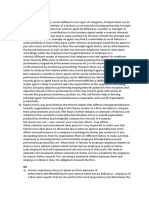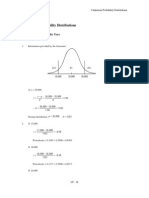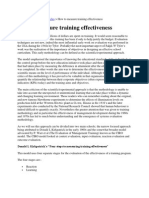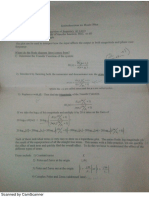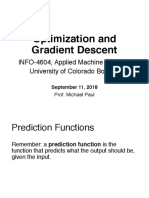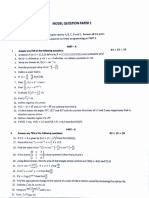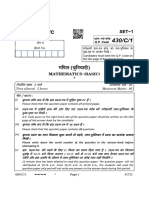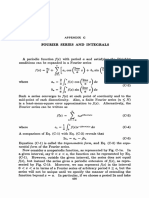0% found this document useful (0 votes)
276 views21 pagesQueueing Theory & Markov Chains
The document provides an overview of queueing theory and key concepts in 3 paragraphs:
Paragraph 1 introduces queueing theory and its mathematical study of waiting lines and queues.
Paragraph 2 defines Markov chains and their role in modeling randomly changing systems where future states only depend on the current state.
Paragraph 3 explains the M/M/1 queue as a single server queue with arrivals determined by a Poisson process and service times having an exponential distribution. It also defines Poisson processes and exponential distributions.
Uploaded by
Kamrun NaharCopyright
© © All Rights Reserved
We take content rights seriously. If you suspect this is your content, claim it here.
Available Formats
Download as PPT, PDF, TXT or read online on Scribd
0% found this document useful (0 votes)
276 views21 pagesQueueing Theory & Markov Chains
The document provides an overview of queueing theory and key concepts in 3 paragraphs:
Paragraph 1 introduces queueing theory and its mathematical study of waiting lines and queues.
Paragraph 2 defines Markov chains and their role in modeling randomly changing systems where future states only depend on the current state.
Paragraph 3 explains the M/M/1 queue as a single server queue with arrivals determined by a Poisson process and service times having an exponential distribution. It also defines Poisson processes and exponential distributions.
Uploaded by
Kamrun NaharCopyright
© © All Rights Reserved
We take content rights seriously. If you suspect this is your content, claim it here.
Available Formats
Download as PPT, PDF, TXT or read online on Scribd
/ 21



